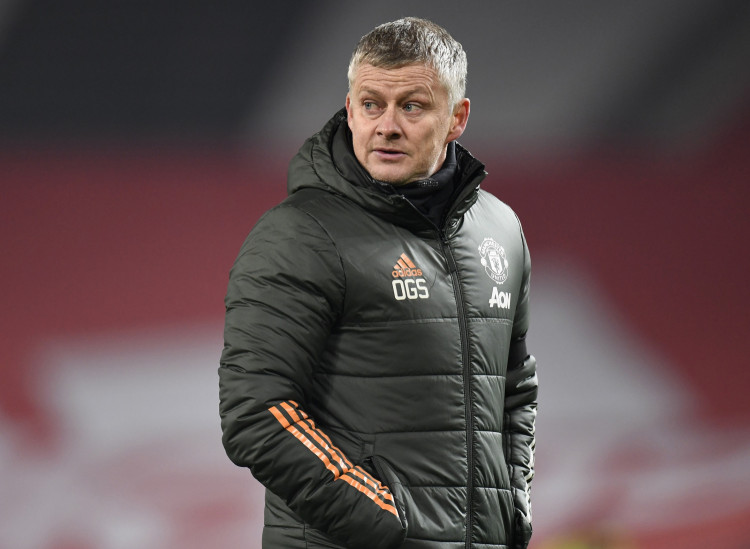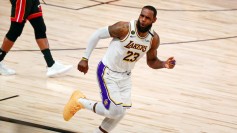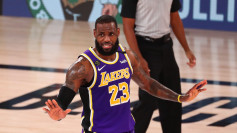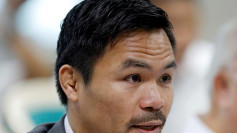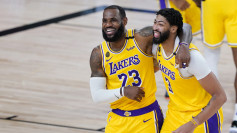Former Manchester United manager Ole Gunnar Solskjaer has shed light on the challenges he faced during his tenure at Old Trafford, revealing that some players would leak information due to their unhappiness and that others rejected the opportunity to captain the side. In an appearance on the Stick to Football podcast, in association with Sky Bet, Solskjaer candidly discussed the difficulties of managing a large squad and the impact of media criticism on his players' mental well-being.
"I felt we [coaching staff] had a very good rapport with the players, but there are always one or two in a squad that leak things because they are unhappy," Solskjaer admitted. "Being a manager, you play a game Saturday, Wednesday, Saturday, you sack about 14 players every game and the next morning you have to tell them they have another chance. There are only a certain amount of times you can say, 'I'll give you that game, you've got a chance'. In the end, they go sour, we had a big squad with too many players. If you have too many players, they get unhappy."
The Norwegian, who was sacked by United in 2021 after a string of poor results, also revealed that some players would turn down the chance to captain the side on game days, labeling their behavior as "petty" and showing a "lack of ambition." Solskjaer claimed that these players, whom he referred to as "Gen Z," would not directly communicate their unwillingness to wear the armband, instead having others relay the message to him.
In addition to the captaincy rejections, Solskjaer noted that many players were reluctant to conduct post-match interviews with the media, with only a select few, such as Bruno Fernandes, Harry Maguire, and David De Gea, consistently stepping up to the task. "Many players said no to doing the pre-match interviews, the three questions," he revealed. "The others were worried about the questions, so preferred not to do it."
The former United boss also acknowledged the impact of media criticism on his players' mental well-being, stating that it "definitely, 100 per cent" affected them. "You criticise players or teams' tactics, but when it goes above that, because there are so many who watch and listen and go on social media [it does have an impact]. If they don't read it, friends, agents, managers will."
Solskjaer's decision to sign Cristiano Ronaldo in the summer of 2021 was another topic of discussion. While defending the move as the "right decision at the time," he admitted that it ultimately backfired and "killed" the team's pressing style of play. "It didn't work out for me, it didn't work out for Cristiano, but it was the right decision at the time," he said. "We let Dan James go when Cristiano came in, and they're two different types of players. It was the right decision to make for me - it didn't turn out to be the right one."
The Norwegian also explained his decision to make Harry Maguire captain, citing Bruno Fernandes' passionate nature as a reason for not giving him the armband. "I knew Bruno Fernandes had captain qualities when I was manager at Manchester United. He's got the personality and quality, but he knows and I've told him, that he's too passionate at times and he loses a bit of control. I loved Harry Maguire as a captain, he was the leader in that group for me when I was at the club."
Since his departure from Manchester United, Solskjaer has not taken on another management job, despite receiving numerous offers. The 51-year-old stated that he only wants to join a club that will allow him to "be himself" and implement his own style of management, drawing from the lessons he learned during his time at Old Trafford.
As Solskjaer reflects on his tenure at Manchester United, his revelations offer a rare glimpse into the challenges faced by modern football managers, from navigating player egos and media scrutiny to balancing squad dynamics and tactical decisions. While his time at the helm may not have yielded the desired results, Solskjaer's candid insights provide a valuable perspective on the inner workings of one of the world's most prominent football clubs.
